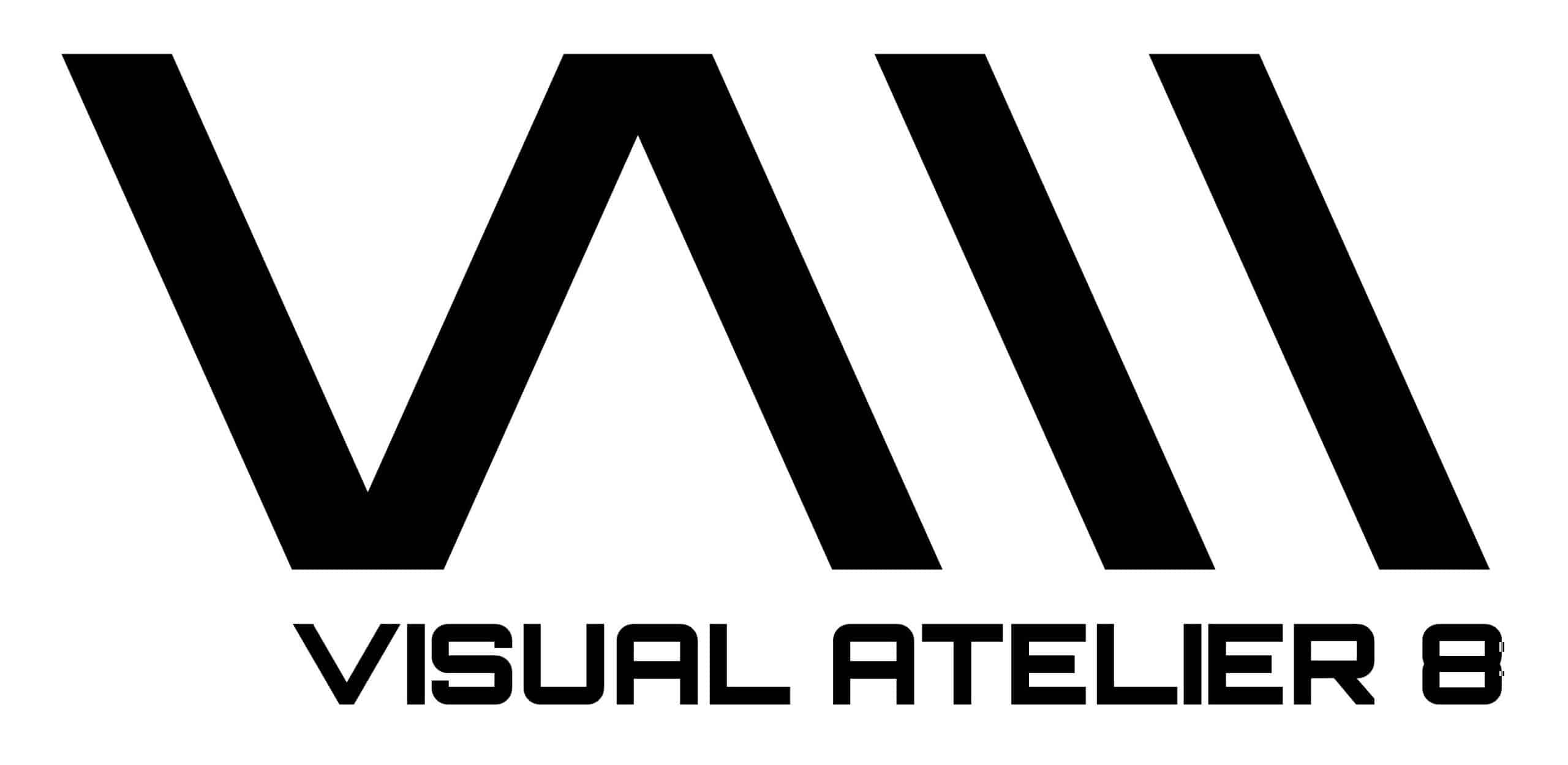
Balancing Parenting and Career with Hussain Almossawi
Work. Family. Finances. The world can be overwhelming, even for the most “chill” among us. As entrepreneurs, facing stress from all angles can make it challenging to stay productive and inspired.
In this month’s issue, I delve into a topic close to my heart—balancing the roles of a designer, husband, father, and business owner.
I recently received an email that made me reflect: How do I maintain my productivity and passion while juggling work and family? This question led me to consider the strategies I use to stay composed and effective amidst the chaos. As an entrepreneur, I’m constantly managing multiple facets of my life—from family to studio work to my own personal passions that fuel my creativity. It may seem daunting, but I’ve learned that prioritizing self-care makes everything else fall into place.
So, from one busy individual to another, here are six tips to help you find equilibrium between your career ambitions and your personal life.
1. Stay Organized

When it comes to planning my work, I try to maintain a high level of organization.
At the beginning of each year, I take time to write down my goals and targets. I make them as clear and concise as possible, and I put them in a place where I can easily access, review, and remind myself of what my big goals are and why I’m doing what I do every day. These can include what I want to achieve and go after with clients financially, concept projects, awards, etc. Writing things down gives you excellent clarity and allows you to plan things every month with the space to adjust along the way.
I also keep a daily list of things to do on my desk, and I highlight each task once it’s done. The tasks can be big or small, it doesn’t matter, but putting them down on paper gives me a very good idea of what I need to go after rather than relying on my memory; it almost frees up my headspace and allows for better focus. The satisfaction of highlighting even the most minor tasks gives me a boost that I achieved something on that day.
Clients and projects all tie into the financial side of things, and it’s essential to know what number you want to make for that year. A concrete list will help drive the planning process of how, why, and when you do things – all essential for someone chasing many things at once. I tend to clearly set my yearly targets and break them down into 12 months, which gives me good visibility of where I am and where I need to be before the year ends.
2. Have a Clear Process & Set Clear Expectations

Depending on your career stage, you may be developing your process or have one that works for you when taking a project to the finish line. The more experience you have gained, and the more projects you have worked on, you can probably drive a project from start to finish as you have experienced the process many times.
As young designers, we might often get stuck in the exploration/ideation phase. We may feel a lack of confidence in our process or find ourselves unsure of the “next step” in our design structure. But being super sharp with how you run your projects and setting clear expectations on timelines with clients helps a lot.
If I know that I am going to need X amount of days to sketch, X amount of days to render, and so on, those details make my planning process so much easier.
For example, if I’m designing a shoe, I lay the entire roadmap out clearly to the client. Doing so helps me work through the different phases without stress, and there’s always a hard stop when we need to lock things in and move to the next milestone. The more you can take the surprise and drama factor out between you and the client, the better things will be for you in all other areas.
3. Build an Exceptional Team Around Yourself

One of the best pieces of advice I can give is to build a strong team around you of people you trust. Having a solid team with different skill sets, who can do things better than you, will allow you to multitask and take on more projects while making sure you have strong support and manpower helping you out.
When I get projects now, I have a team around me that I trust and take a lot of weight off my shoulders. For instance, I just finished a huge CGI project. When I started, I brought on a storyboard artist, Sound FX artist, Compositor, and 3D Modeler. My role was to do some of the animations while I took more of a creative director role, making sure the whole team was synchronized and working to the highest standards with a very clear vision and target to work towards.
Of course, financially, I would be losing a percentage of the project total by bringing on others to help, but I knew the quality would be so much better because I’m armed with brilliantly talented people. With my team behind me, I’m less stressed, the client is happy, things go a lot smoother, and while the team works, I can spend quality time seeking more projects and investing in my family. There’s also a great satisfaction in the fact that you can create a job and source of income for someone else and bring joy and happiness to others.
Getting the right talent that you can trust and consider as your friends is huge. Not sure where to start?
For my field of work which is design, I’ve found Instagram and Behance to be the best place to start looking. Best of all, you can start out on a contract or project basis, which allows you both to get a feel if there is good chemistry and collaboration, and you don’t necessarily have to worry about the long-term financial burden of paying the salaries of a full-time team.
4. Position Yourself as an Expert in Your Niche

Today’s market is competitive and loud, and you’ll be tempted to take on every single project that comes your way. Bad idea – burnout is real, and it’ll creep up on you when you least expect it.
Instead, focus on your niche and what you want to be known for. When clients come knocking on your door, they should know exactly why they need you and not someone else. You want to avoid small projects that will hardly pay you anything. The better you brand yourself and showcase your fantastic talent, the more you can make on projects.
I would rather take on fewer projects every year, with clients that I enjoy working with, than take on many small projects that hardly make a dent or leave me emotionally miserable. It’s all about positioning yourself as an authority in your field – people are more likely to want to work with you when they know you’re the best at what you do. The bottom line: Make sure everything you present online is your best level of design and of the highest craft. Your online presence is incredibly important in business, and especially as a creative.
5. It’s Okay to Take a Break

Sometimes, tips are simple: Don’t stress it, count your blessings, and enjoy your family and all the blessings in your life. However, sometimes, it’s the simple tips that are the hardest to live out. It’s okay to take breaks, unplug from technology, and just be in the moment. This is easier said than done when you have to juggle work, family, and everything else life throws your way.
If you work for yourself like I do, you’re the king (or queen) of your empire and have to manage your time and life the way that works best for you. For me personally, excellent quality family time, without a doubt, inspires me to prove myself as a superhero designer. Being a fantastic designer also inspires me to be a superhero parent my kids can look up to.
Don’t underestimate the importance of taking time for yourself or your family – it’ll only make you a better person and help improve your business in the long run.
6- Never Over-Promise, Never Under-Deliver

It can always seem like a good idea to give your client everything you possibly can. Sure, everything is possible, but without a price tag and respect for the time and craft you will put into it, it loses its value and builds your stress. Set your briefs clearly and deliver what you promise to the highest standards without hyping it up or trying to be overly generous with your services.
Be sharp with what you promise and deliver just that to meet your client’s expectations, while also wowing them with the final outcome.
On the flip side, you want your clients to be happy with the work you produce while also building a long-term relationship without feeling like you’re being taken advantage of. A few favors here and there are acceptable and make the relationship more human and friendly, which could lead to a more sustainable and long-term funnel of projects. Keeping that balance as a principle allows you to do your best work within a specific framework of not killing yourself, and it takes the stress out of the equation. It also allows you to feel more appreciated for not giving your precious time and skills away for free.
Know What Truly Matters
If you’re an entrepreneur, you know that your role is less of a job and more of a lifestyle. That’s why it’s so easy for us to get bogged down by stress and anxiety. We can quickly lose sight of what truly matters in life when we’re so focused on our work.
It’s important to take a step back and remind ourselves of what’s most important. Is it making the perfect website or getting that big project? Or is it spending time with loved ones, staying healthy, and enjoying life?
One of the best ways to stay balanced is to remain passionate and curious at all times. Find those things that drive you to be your best – and to be the best “you” for your friends and family. Don’t lose yourself in your work. Let your work be a reflection of you – not the other way around.
Staying positive, creative, and curious will help keep you sane – no matter how stressful the job gets. So go get it done!
And as always..
Dream Big!
Hussain Almossawi is a VFX Artist, Product Designer, and bestselling Author based in Brooklyn, New York. He has worked on a wide range of products across different industries worldwide, including footwear, automotive, and tech. A significant part of his work has been consulting with companies such as Apple, Nike, Adidas, Google, Ford Motor Company, and other world-known brands.
Article originally published: HERE

